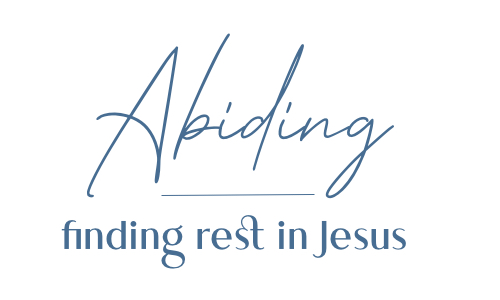It’s great to hear devotional thoughts from Rebekah Hawk this week! She’s a regular on the blog; however, if you’ve not done so yet, stop by the contributors desk to learn more about her.
Having grown up in church, I have so much head knowledge about prayer, but I still struggle to pray consistently and effectively. Thanks to a wonderful book A Praying Life by Paul E. Miller, I’m slowly learning to pray like a child.
First, praying like a child requires persistence. I can tell my children “no” forty to fifty times throughout the aisles of our local Walmart, and it phases them not one bit! They continue to ask for whatever delights their eyes: they are not in the least concerned that I will be weary of their asking. I can pray persistently, not fearing that God is weary of my nagging prayers for help and provision.
Children are also bold little creatures. When they ask questions (MOM, why does that lady have purple hair?), they don’t worry about whether their question is appropriate or not. They ask for outrageous things like candy for breakfast! My prayers to my Heavenly Father are robbed of their authenticity when I don’t ask for my deepest needs and longings. Of course, I should still pray for the will of God to be done, but I can ask Him honestly and boldly for my true desires—He will not be offended.
When my children ask me for something, they ask urgently, desperately—as if their life depended on it. My sense of self-sufficiency is offended by the idea of desperately asking for something—it feels weak. Miller writes, “The persistent widow and the friend at midnight get access, not because they are strong but because they are desperate. Learned desperation is at the heart of a praying life” (114). When I admit my weakness, my prayers become urgent; I not only want my God to intervene, I desperately need Him to.
Additionally, my children’s requests reveal their dependence on me. Their questions, “Can I have a snack,” and “I can’t reach it-can you get it for me,” reveal their helplessness. Though I cringe from the feeling of helplessness, it is the very characteristic that gives my prayers power! My dependence on my Savior is why I need to pray in the first place.
Finally, the confidence with which my children make their requests is incredible. They are convinced that I am able to grant their request no matter how preposterous. I’ve been asked to make a birthday party start earlier (a party we were invited to) and to make the sun stay out longer. My prayers often lack confidence that God will really intervene: my head knows He can, but I tell myself that He probably won’t. Miller concludes, “The issue of power – the ability to make a difference, to change something – is at the heart of asking.” (113)
How exciting to begin this year with a focus on prayer: making my bold, persistent requests, desperately expressing my dependence on my Almighty God, confident that He hears, cares, and is glad to respond with what brings me the most good, and Him the most glory.


Recent Comments